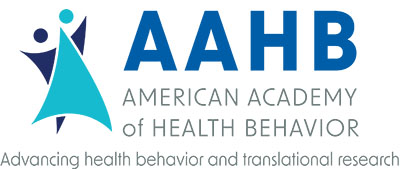|
Scientific Meeting 2023 - Lightning Talks Day 3
Wednesday, March 15 |
Presenter: Sofia Fernandez Rigor, fidelity, and outcomes: Creating an evidence-based program evaluation framework across health areas and geographic locations for underserved communitiesHuang, Hui; Fernandez, Sofia, B.; Wilson, Courtney; Pinzon-Iregui, Claudia, M.; Perez, Katherine; Maldonado, Maria, D.; Clarke, Rachel; Fleites, Caleigh; Martin, Nicholas; Howard, Melissa Purpose: Florida Department of Health’s Office of Minority Health and Health Equity provides funding to community-based organizations (CBOs) through the “Closing the Gap” initiative to reduce health disparities by implementing evidence-based interventions (EBIs) that address local health priorities (e.g., cardiovascular disease, diabetes). This study informed the creation of a framework for evaluating unique EBIs across CBOs, as part of an external evaluation. Methods: We conducted semi-structured interviews with representatives from 19 CBOs. Interview assessments were divided into three sections regarding a program’s: 1) rigor and sources of information, 2) fidelity, and 3) outcomes. A team of coders used a consensual analysis approach to assess the use of EBIs and to inform a translational evaluation framework. Results: Out of 19 CBOs, 11 reported using EBIs. Eight did not use an EBI but implemented programs informed by research and best practices. We designed an evaluation framework with 3 components, each scored 1-4. The highest score (4) for rigor indicates a program was tested and deemed effective through rigorous research in peer-reviewed journals. The highest score for fidelity indicates a CBO received training on the EBI, used manuals from the developer, and monitored fidelity through supervision and/or site visits. The highest score for outcome measures indicates a CBO used appropriate pre- and post-tests to evaluate impacts on a) knowledge gain, b) behavior change and c) health indicators (e.g., blood pressure, BMI, or A1C), and the time differences between pre- and post-tests were reasonable. Conclusion: Creating systematized and comprehensive ways of assessing unique EBIs across CBOs will allow for more robust evaluations and will promote the delivery of the highest quality programs to achieve health equity. |

